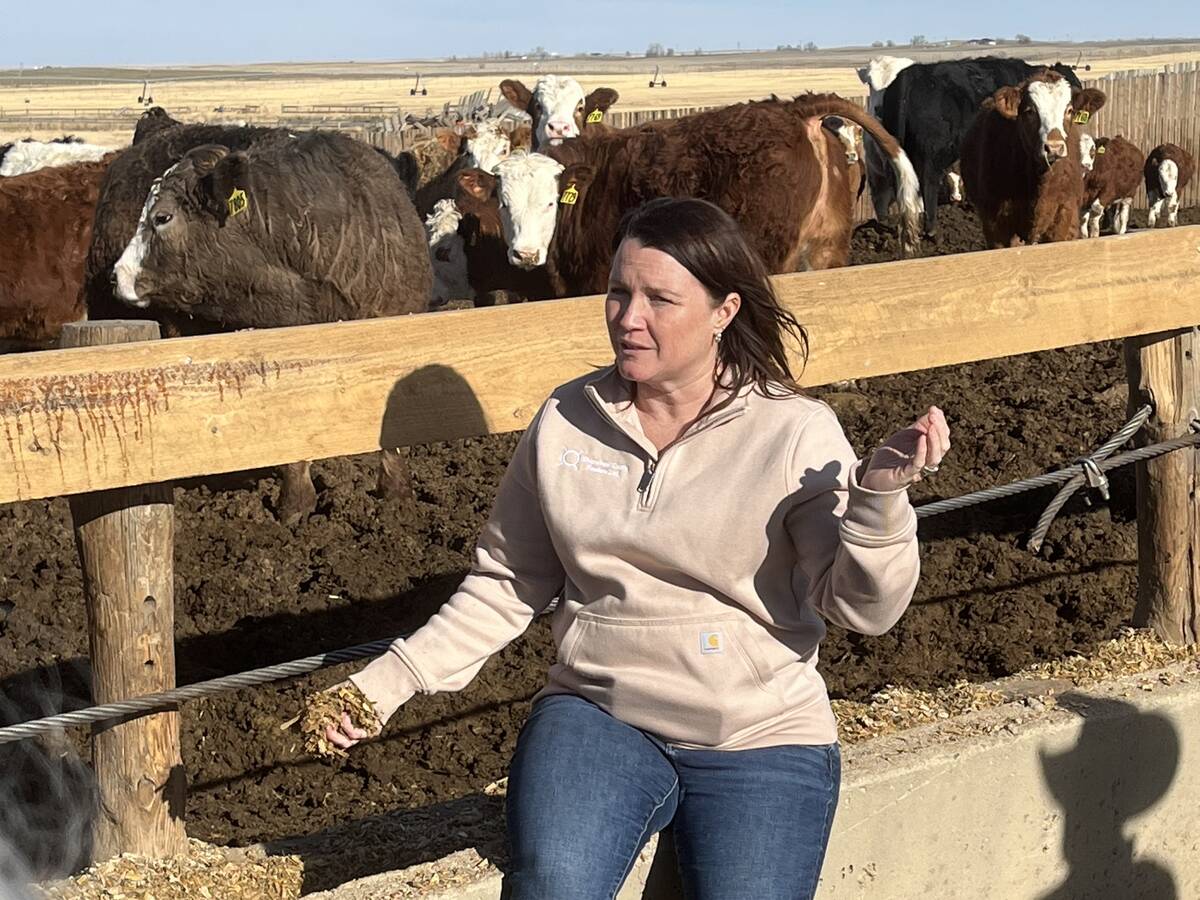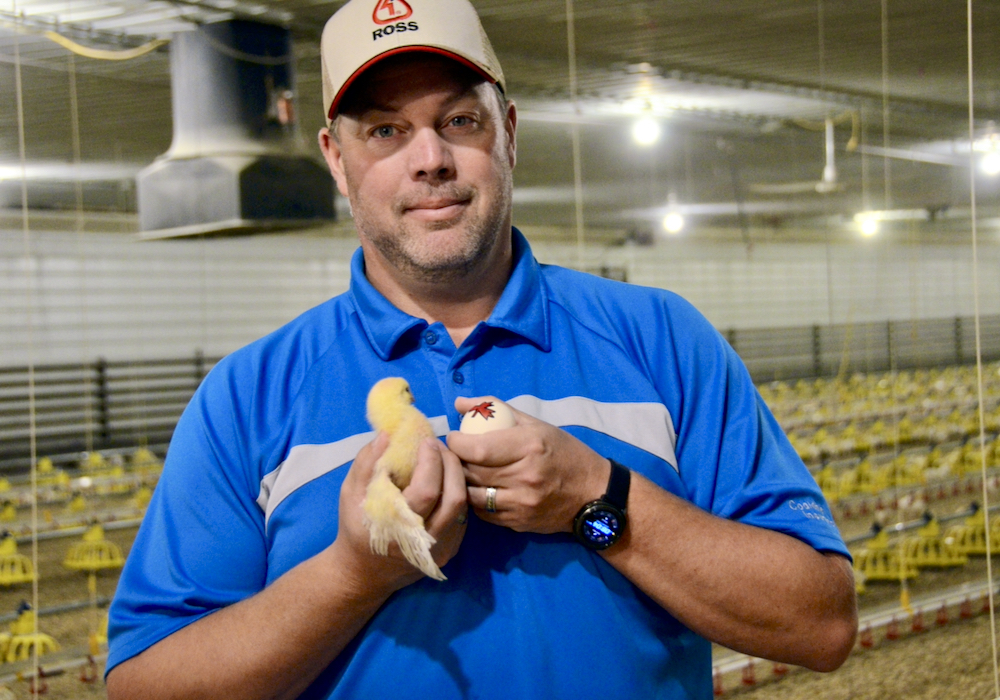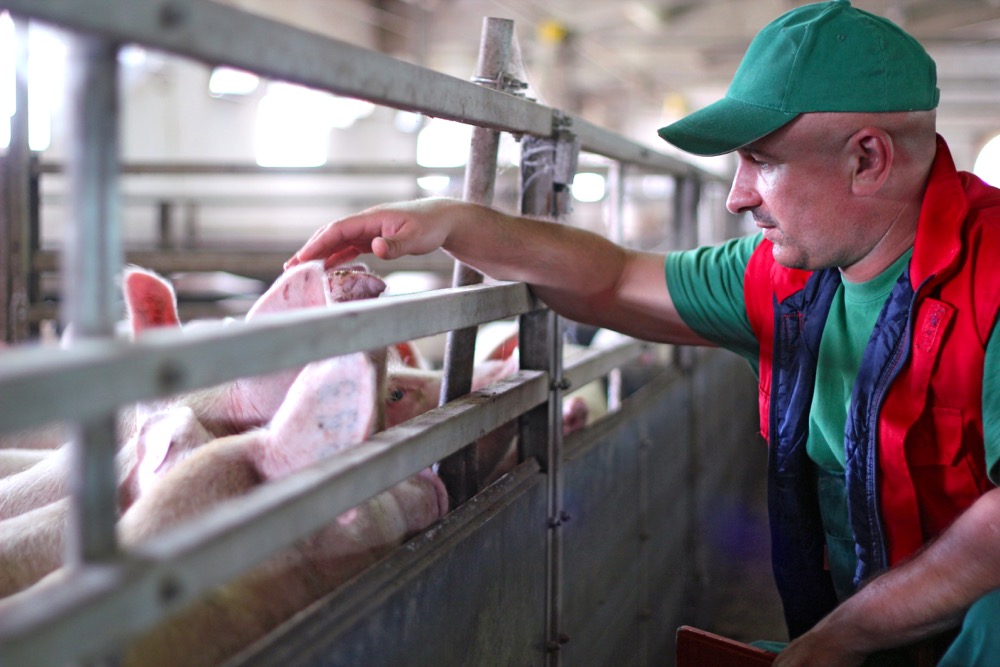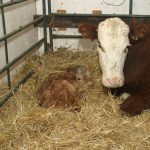Second time lucky is the hope for a federal private member’s bill that would strengthen biosecurity on farms through the Health of Animals Act.
Bill C-275 would make it an offence to enter a place where animals are kept, without lawful authority or excuse, if doing so could result in a biosecurity risk.
“Simply put, this amendment would apply existing penalties within the act to people who trespass on farm property and facilities where animals are kept,” Alberta Conservative MP John Barlow said during the bill’s second parliamentary reading May 1.
Read Also

Roots of Resilience: The 50-year evolution of Shipwheel Cattle Feeders
Alberta’s Shipwheel Cattle Feeders is one of Canada’s pioneers in holistic regenerative agricultural practices.
The bill cleared second reading in the Commons on June 21 and was referred to the Commons standing committee on agriculture and agri-food for its consideration. The Commons adjourned later that day for the summer and is not scheduled to return until Sept. 18.
“The bill would not, in any way, disallow protesters from protesting on public property about the issues that they are passionate about and that are important to them,” he added.
However, it would add significant fines to organizations that encourage trespass into livestock zones, said Barlow. He maintained that it would not hinder whistle-blowers from reporting practices that jeopardize the safety and welfare of livestock.
“What this really focuses on is the biosecurity risk and the health of our animals. We saw what COVID-19 did to Canada’s economy, a human-borne virus,” Barlow stated.
“It devastated not only our economy, but economies around the world. Imagine what a similar animal-borne pandemic would do to Canada’s agriculture industry.”
Protesters aren’t willingly jeopardizing farm biosecurity, he added, but they don’t understand protocols and how proactive measures protect against potential animal pandemics.
“Strengthening the biosecurity measures for trespassers is something farmers, ranchers, food processors and farm groups across the country all support,” he said.
Barlow referenced the highly pathogenic strain of avian influenza that resulted in a $360-million loss to the poultry sector in 2004 and, in more recent outbreaks, saw more than 7.5 million domestic birds euthanized across Canada from late 2021 to present day.
He said an outbreak of African swine fever in Canada would cost billions to Canada’s pork industry, which employs 45,000 people and involves billions of dollars in export revenue.
“We know that agriculture and agri-food is going to be a critical pillar of our economy moving forward. To ensure it can reach its full potential, our farm families need to know that the government of Canada and the House of Commons stand with them, will protect them, and put these measures in place,” Barlow said.
Francis Drouin, parliamentary secretary to the federal agriculture minister, said the government supports the bill with amendments.
“Bill C-275, as worded, creates legal risks,” he cautioned during the reading.
He added that, “existing federal and provincial statutes can be used for managing cases of trespassing on farms.”
As written, the bill primarily focuses on broadly prohibiting protesters from trespassing, rather than protecting animal biosecurity as it relates to the spread of disease, Drouin said, and that falls outside the government’s scope of responsibility.
Drouin said an amendment focused more squarely on biosecurity inside the farm gates would also reinforce the benefit of biosecurity zones, which are critical to prevent spread of animal disease.
“We need to be mindful of how best to do that without creating legal challenges,” said Drouin. “Fundamentally, legislation should not introduce new legal issues. It should also complement, not duplicate, the laws we already have.”
In recent years, five provinces have passed legislation prohibiting trespass on farms or areas where animals are housed.
In Manitoba in 2021, the province passed two such laws. The Animal Diseases Amendment Act made it an offence to go into a biosecure farm area or interact with animals on that site without permission, interact with animals without permission during transport or interfere with animal shipment trucks.
Another piece of legislation removed the requirement for trespassers to be warned before they could be charged with trespassing, so long as land is marked or partially enclosed.
Drouin’s concerns around the proposed bill’s wording echoed those of animal rights advocates, who said Bill C-275, like its predecessor, targeted animal rights protests on agricultural property under the guise of strengthening biosecurity measures.
Bloc Quebecois MP Yves Perron said he supports the bill, and recalled the impact on Saint-Hyacinthe’s Porgreg pig farm in 2019 following a sit-in by animal advocates.
“They (protesters) were taking pictures and saying that they wanted to protect the animals whose health and safety they were jeopardizing,” said Perron. “Afterwards, it was discovered that a disease had been introduced into the herd because biosecurity protocols had been violated.”
He acknowledged existing laws govern this. However, it is challenging to connect the disease and the trespassing incident in a court of law.
In the Porgreg case, 11 activists were found guilty of obstruction and break and enter in April 2022. The Quebec Crown sought a suspended sentence with two years of probation and 150 hours of community service in December 2022, but an official sentence hasn’t been announced.
Perron called for more significant consequences to discourage the behaviour and minimize the potential for harm to livestock.
“We ask agricultural producers to take strict precautions when it comes to meeting health standards,” Perron said. “We cannot have people deciding to jeopardize all that based on an ideology that is a little extreme.”
A version of this article first appeared in Farmtario.















